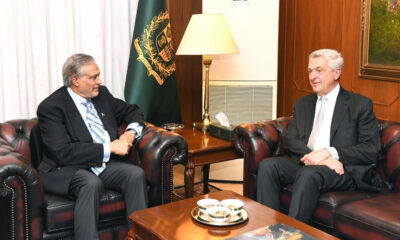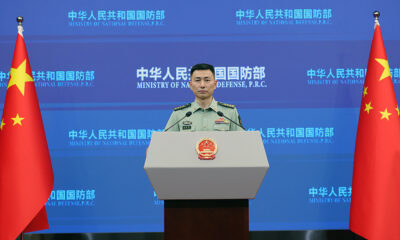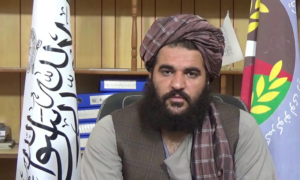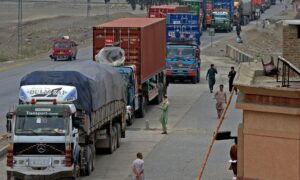Business
IEA’s Ministry of Finance: The recent report of SIGAR is far from the truth
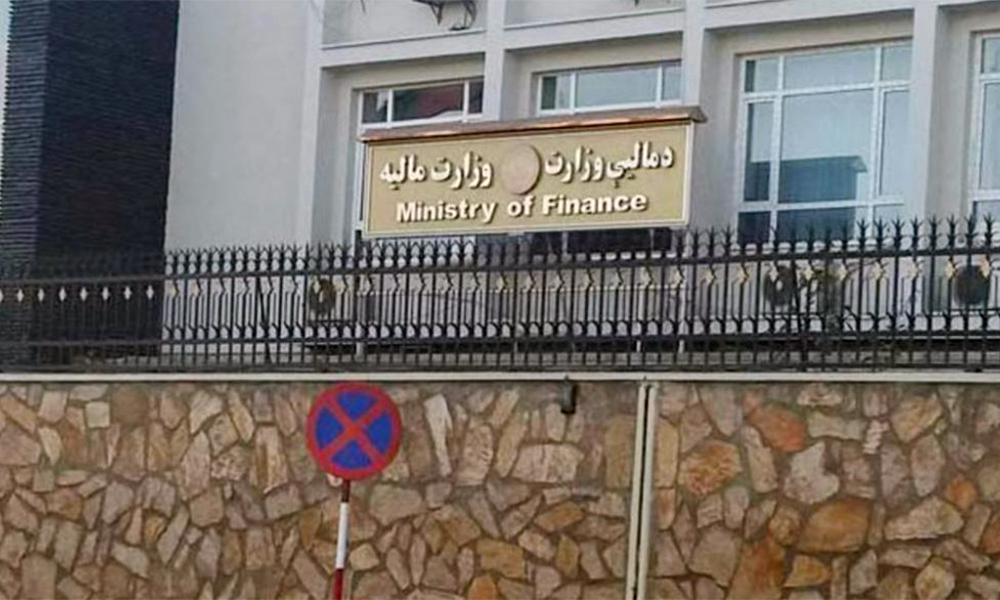
The Ministry of Finance of the Islamic Emirate of Afghanistan (IEA) considered the recent report of “SIGAR” about companies and institutions in Afghanistan to be far from the truth and rejected it.
In the announcement that was published by this ministry on Sunday (5th January), it is stated: “The Office of the Special Inspector General of the United States of America for Afghanistan “SIGAR” has claimed in its quarterly report to the US Congress that the Islamic Emirate of Afghanistan, receives money from those organizations and institutions that work in the field of humanitarian aid; under the license fee, tax and administrative fees, which provide a large part of Afghanistan’s revenue The Ministry of Finance of the Islamic Emirate of Afghanistan considers the said report to be far from the truth and rejects it separately.”
“The Ministry of Finance has exempted those organizations and institutions that are active in the field of humanitarian aid, No money is received from them, and no administrative expenses are imposed on them.” Read the ministry statement.
The Ministry of Finance has also added that in all the country’s customs, the customs tariff of the goods imported by these organizations and institutions has reached zero, and the goods of the mentioned institutions enter the country without tax.
According to this ministry, only license fee is taken from foreign organizations and institutions, which is a small amount and has a legal framework and is balanced with other countries and has no effect on Afghanistan’s national income.
The Ministry of Finance has assured that the organs of the Islamic Emirate, including the Ministry of Finance, provide administrative, financial and security facilities for the organizations and institutions that operate in the field of humanitarian aid and are committed to all their promises in this field and in the distribution and sending of humanitarian aid they are partners with them.
Business
$23 million pharmaceutical company opens in Kabul
The Islamic Emirate officials also stated that while they fully cooperate with pharmaceutical companies, these manufacturers need to produce drugs that meet international standards.
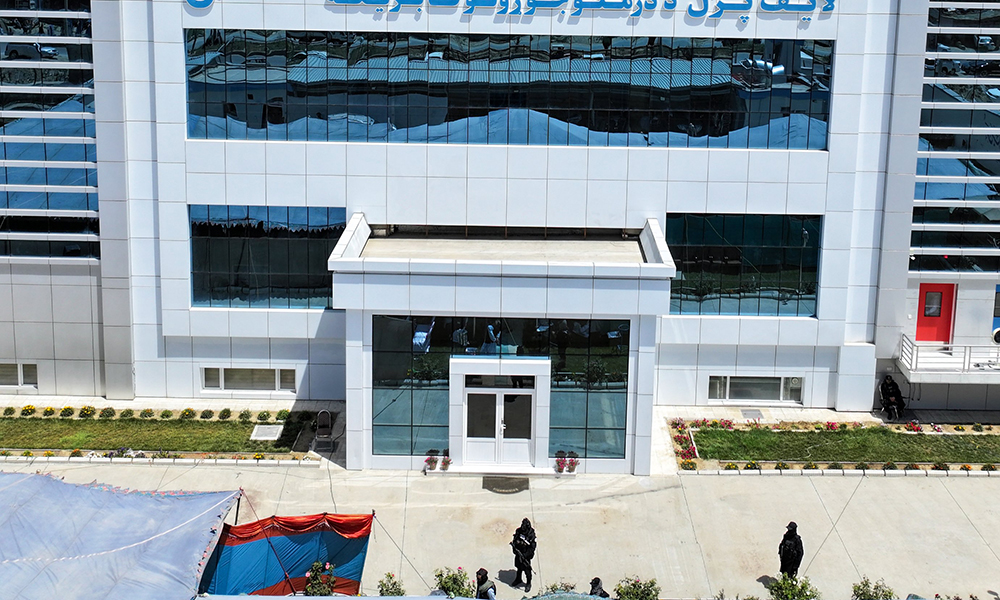
A new pharmaceutical company, costing $20 million, was officially opened on Thursday in Kabul in the presence of Islamic Emirate leaders, including Deputy Prime Minister for Economic Affairs Mullah Abdul Ghani Baradar.
The new company will reportedly manufacture 50 different types of drugs once fully operational.
Addressing the launch ceremony on Thursday, Baradar outlined the importance of quality in terms of pharmaceuticals and said poor-quality drugs threaten lives while good-quality medicines can save lives.
Baradar also pointed out that more manufacturing companies like this will help grow the country’s economy.
He once again called on investors, both in the country and abroad, to help in the reconstruction and development of the country and start businesses. He also said the way has been paved for them to invest and that they should make use of the opportunities available.
Health officials meanwhile said that currently there are 77 pharmaceutical companies in the country and that serious efforts are being made to make the country self-sufficient in this regard.
The Islamic Emirate officials also stated that while they fully cooperate with pharmaceutical companies, these manufacturers need to produce drugs that meet international standards.
Related Stories:
New medicines manufacturing company established in Nangarhar

Kandahar officials inaugurate $50 million pharmaceutical company
Business
Sugar exports to Afghanistan resume after four year break
Islamabad banned the export of sugar to Afghanistan four years ago to address shortages and control prices in the country.
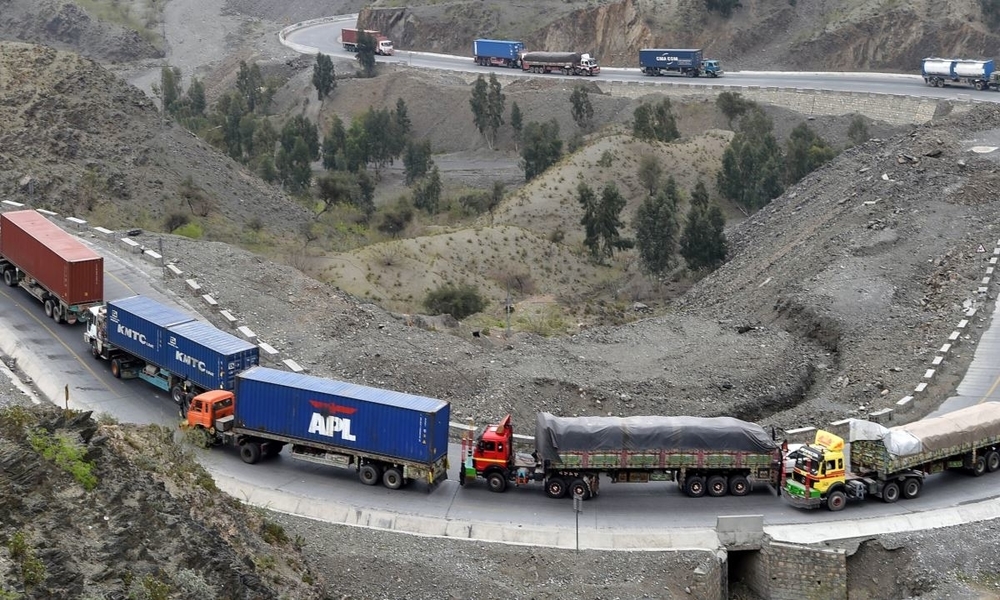
Sugar exports from Pakistan to Afghanistan resumed this week after a four-year suspension, with over 400 vehicles crossing the Torkham border in the last four days.
According to Pakistan sources, Islamabad recently agreed to the export of 150,000 tons of sugar to Afghanistan, setting an August 15 deadline for the completion of the shipment process.
Customs clearing agents at Torkham said around 100 vehicles, each carrying 33 tons of sugar, crossed into Afghanistan four days ago and more thereafter.
Islamabad banned the export of sugar to Afghanistan four years ago to address shortages and control prices in the country.
Related Stories:
Volume of imports from Pakistan has declined: official
Import, export volumes total $7.5 billion in 1st nine months of this solar year
Business
Chinese keen on investing in Afghanistan’s solar power sector
At the same time, the deputy minister welcomed their interest and stated that Afghanistan is a place of opportunities for investment and that the ministry is ready to cooperate.
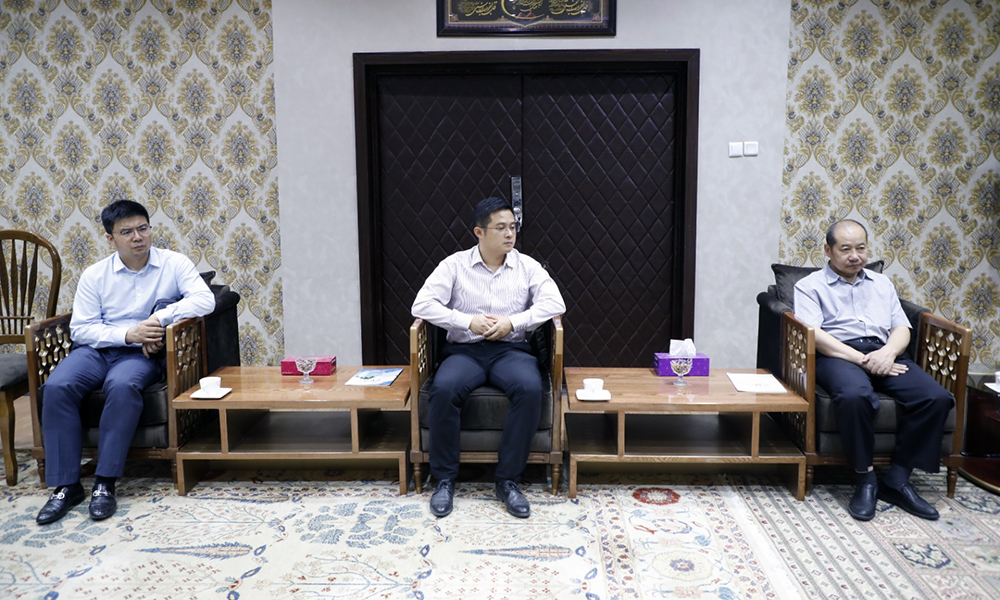
The Ministry of Industry and Commerce says that Ahmadullah Zahid, deputy minister, met with a number of Chinese investors in his office on Tuesday.
According to a statement issued by the ministry, Ehsanullah Shahab, the head of special economic zones, was also present in this meeting, where investors from China expressed their interest in investing in solar power generation and agriculture technology sectors.
At the same time, the deputy minister welcomed their interest and stated that Afghanistan is a place of opportunities for investment and that the ministry is ready to cooperate.
Related Stories:
Chinese keen to invest in Panjshir-Kabul water conduit project

120 Chinese companies held investment talks with IEA since takeover
-

 Sport4 days ago
Sport4 days agoOlympics finally here; What you need to know
-

 Latest News5 days ago
Latest News5 days agoOCHA reports 110 die in landmine explosions in Afghanistan every month
-

 Regional5 days ago
Regional5 days agoChina braces for twin tropical cyclones after deadly flash floods
-

 World5 days ago
World5 days agoBiden ends failing reelection campaign, backs Harris as nominee
-

 Health4 days ago
Health4 days agoHealth partners provide services 589,205 people in Afghanistan in last month
-

 Latest News4 days ago
Latest News4 days agoAfghanistan’s Hajj ministry confirms death of 27 pilgrims in Mecca and Medina
-

 Business5 days ago
Business5 days agoConference on Islamic microfinance kicks off in Kabul
-

 Sport4 days ago
Sport4 days agoACB proposes ODI fixtures against top-tiered teams










